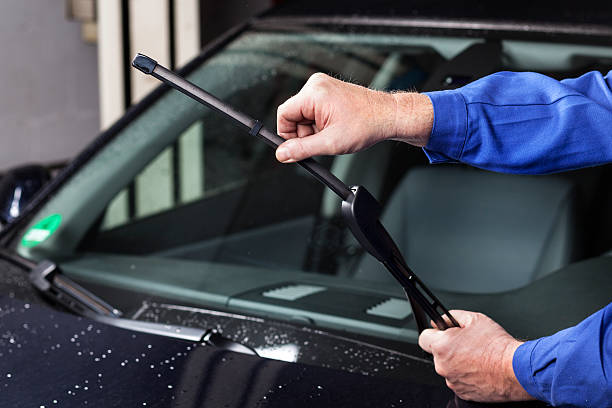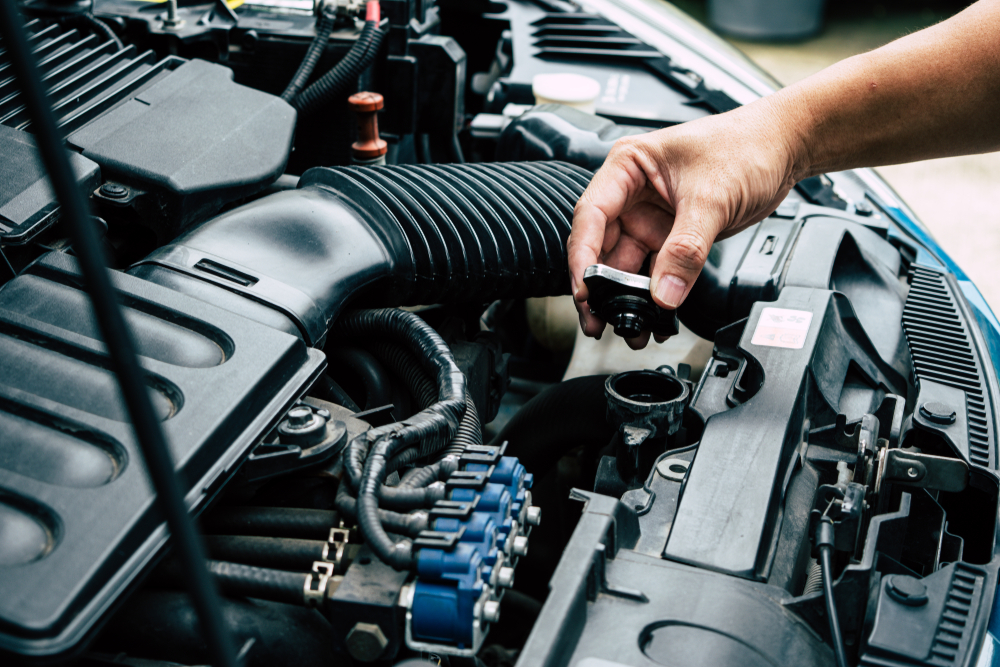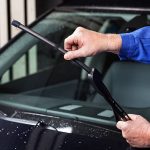This flawless piece of glass should recede into the background of your thoughts, largely going unnoticed.
Of all the glass in your car, the windscreen is undoubtedly one of the most crucial. Visibility is essential when driving, and whenever you can’t see clearly, you run the risk of seriously hurting both yourself and other people. When a rock or other piece of debris strikes your windscreen and cracks it, accidents can occur at any time.
But cracks, chips, and other flaws make you notice your windscreen more than anything else. While some of the sources of this damage are evident, like a foul ball at your neighborhood Little League stadium, other causes of windscreen faults are less obvious.
Purchase the best Car wiper rubber at carorbis, the Cheapest car accessories available at the best prices.
All the Common Windshield Problems listed:
Temperatures:
Glass stretches when it’s heated and shrinks when it’s cold. Even though car glass is made to minimize thermal strain, high temperatures that last for a long time can cause windscreen cracks to develop.
If you reside in an area where the weather might change quickly, your windscreen may also be more susceptible to cracking. For instance, if you experience extended periods of below-freezing weather yet days with highs of 40°F or 50°F, the temperature shift may result in damage. Instead of a single warm winter afternoon, years of thermal stress are more likely to cause these abnormalities to manifest.
Low-quality of glass:
Windshield glass that is inexpensive and of poor quality is more likely than glass of higher quality to have manufacturing flaws. Even though the flaws might not be apparent right away, small weak spots can eventually grow into significant cracks.
Work with a technician who uses dependable and long-lasting windscreens from a reputable manufacturer when you invest in a new windscreen. High-quality windscreens are less likely to require replacement in the future, despite the fact that they might cost a little bit more.
Pressure changes:
Given the demands of driving, automotive glass is among the toughest types of glass available. Even automobile glass, nevertheless, is susceptible to stress fractures under certain unfavorable circumstances, such as sudden or excessive pressure fluctuations.
When you drive at very high speeds, your car is subjected to forces that cause a rapid pressure change, but a severe pressure change could be caused by something pressing on or falling against the windscreen.
Rock chips:
While little windscreen chips can be inconvenient, they often don’t pose a serious threat. Sadly, a lot of chips develop over time and could result in spiderweb cracks in the glass nearby. These chips develop if a little object strikes your windscreen quickly.
Always maintain a greater following distance behind larger vehicles and vehicles hauling loads to lessen your chance of getting a chipped windscreen. To avoid being hit by flying rocks, for instance, you should always maintain a safe distance between your car and any 18-wheelers.
Cracked windshield:
Cracked windshield glass is a much graver issue than chipped glass. A crack on your windshield can occur due to several reasons – an unrepaired chip that expanded into a crack, through a car accident, or an object hitting the windshield. If your car windshield has a crack that ends or begins at the edge, then getting it repaired is not feasible as a simple repair can compromise the integrity of the glass.
When the polyvinyl butyral layer of the windscreen is harmed, having your cracked windscreen repaired is also insufficient. Even small cracks that are visible to the naked eye can jeopardize the structural integrity of your car. So, if your windscreen is cracked, your best course of action is to choose a windscreen replacement.
There is always a chance that a cracked windscreen will break. Additionally, since the crack jeopardizes the glass’s structural integrity, there is a good chance that the windscreen won’t be able to fulfill its safety duties in the event of an accident. A cracked windscreen glass will still obstruct your view and cause a distraction while you are driving, increasing your risk of being involved in a fatal accident even if the windscreen glass doesn’t shatter.
Car accidents:
In order to absorb or lessen the impact of a collision, many parts of your car are built to shatter. The same applies to windscreens. The windscreen will break if the collision is severe enough to harm your car’s frame. However, the glass is prevented from shattering into potentially harmful shards by tempering and protective coatings. If your windscreen is broken in an accident, your insurance company will probably want to replace it to maintain safety and integrity.
Flying objects may crack or chip your glass during minor accidents. In that case, having it repaired rather than replaced might be safe. Because even the smallest chips and cracks have the potential to grow larger with time, temperature changes, and vibration from moving vehicles, it is crucial to pay close attention to them. Your possible repair could become a complete replacement if it is not resolved.
Related post: How to handle brake Failure while Driving






